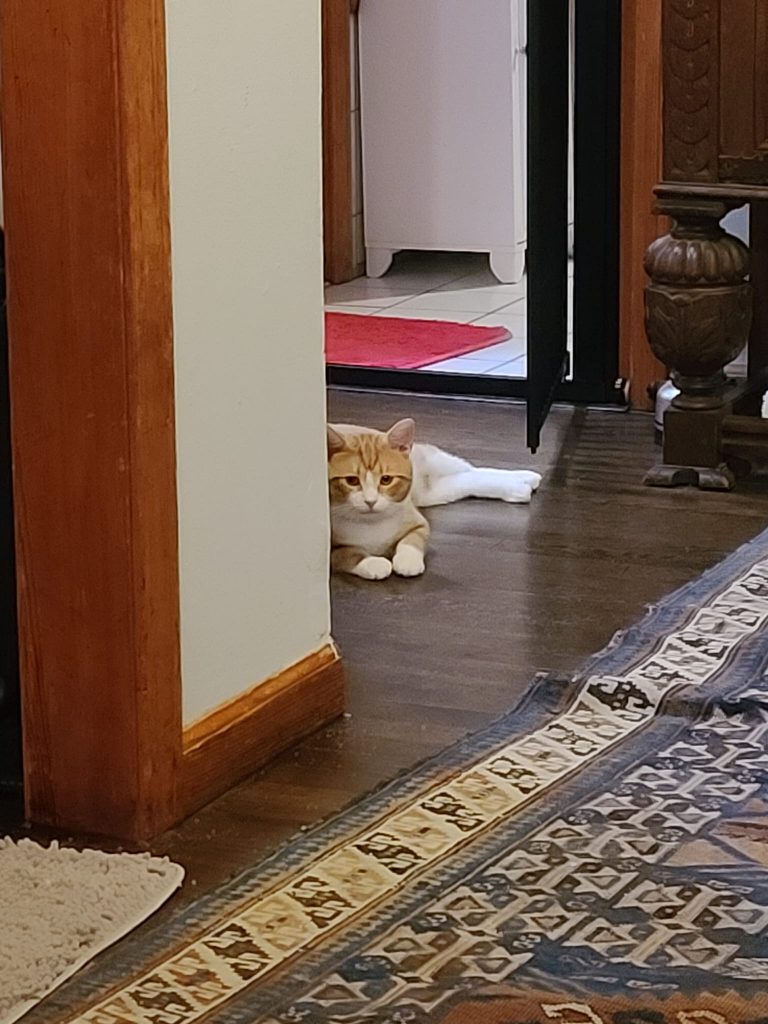Archives
- September 2020
- August 2020
- July 2020
- June 2020
- May 2020
- April 2020
- March 2020
- February 2020
- January 2020
- December 2019
- November 2019
- October 2019
- September 2019
- August 2019
- July 2019
- June 2019
- May 2019
- April 2019
- March 2019
- January 2019
- December 2018
- November 2018
- October 2018
- September 2018
- August 2018
- July 2018
- June 2018
- May 2018
- April 2018
- March 2018
- February 2018
- January 2018
- December 2017
- November 2017
- October 2017
- September 2017
- August 2017
- July 2017
- June 2017
- May 2017
- April 2017
- March 2017
- February 2017
- January 2017
- December 2016
- November 2016
- October 2016
- September 2016
- August 2016
- July 2016
- June 2016
- May 2016
- April 2016
- March 2016
- February 2016
- January 2016
- December 2015
- November 2015
- October 2015
- September 2015
- August 2015
- July 2015
- June 2015
- May 2015
- April 2015
- March 2015
- February 2015
- January 2015
- December 2014
- November 2014
- October 2014
- September 2014
- August 2014
- July 2014
- June 2014
- May 2014
- April 2014
- March 2014
- February 2014
- January 2014
- December 2013
- November 2013
- October 2013
- September 2013
- August 2013
- July 2013
- June 2013
- May 2013
- April 2013
- March 2013
- February 2013
- January 2013
- December 2012
- November 2012
- October 2012
- September 2012
- August 2012
- July 2012
- May 2012
- April 2012
- March 2012
- February 2012
- January 2012
- December 2011
- November 2011
- October 2011
- September 2011
- August 2011
- July 2011
- May 2011
- April 2011
- March 2011
- January 2011
- December 2010
- November 2010
- October 2010
- September 2010
- August 2010
- July 2010
- June 2010
- May 2010
- April 2010
- March 2010
- February 2010
- January 2010
- November 2009
- October 2009
- September 2009
- August 2009
- July 2009
- June 2009
- December 2008
- November 2008
- September 2008
- June 2008
- August 2006
- September 2005
- August 2005
-
Attitudes and beliefs
Comments Off on Attitudes and beliefsOn this page we will discuss some of the attitudes and beliefs that can interfere with your being reunited with your missing cat.

Attitudes and beliefs held by the cat’s family
The number one belief that prevents people from finding their missing cats is the belief that it is impossible. Perhaps the family feels certain that the cat has been killed by wildlife, hit by a car, or came to some other sad end . . . so they do not search. Or they search half-heartedly, feeling silly for searching for a cat who is probably dead. While it is possible that your cat really is gone forever, it is also possible that she or he is waiting for you to come find her/him, either locked in a shed, in a cage at an animal shelter or cat rescue, at a neighbors’ home, stuck in a tree, or many other possibilities. Almost every person whose cat is missing assumes the worst, or at least, fears the worst. But most of them are wrong.
Imagine grieving for weeks, months, or years for your cat, when all along the cat might be perhaps a half mile from home, living with another family as an indoor cat!Don’t give up too soon. If your cat is unable to get home and you give up right away, you might never see each other again. If you keep searching, despite discouraging (though well-meaning) words from friends, family, or neighbors, you have a much better chance of reuniting with your cat. The more strategies you try (see our Search Tips pages) the better your chances come of being reunited.
Attitudes and Beliefs held by neighbors and community members
“Dumped Cats”

When we find a hungry cat at our doorstep, many of us assume that the cat is unwanted, that someone has “dumped” their cat out on the street. This assumption allows us to feel justified in “adopting” the cat, since the cat’s previous people were possibly callous, irresponsible, etc. and don’t want their cat back anyway. And this does happen sometimes no doubt, but not nearly as often as we used to think. We have only to look at the Cat Finders’ “Lost Cat” listings or the lost cat ads on craigslist or Facebook to realize that many people are looking for many lost cats, and it is therefore not helpful to assume that any cat has been dumped.
Even if the cat looks scruffy or ill, we cannot know how long the cat may have been lost, or what health conditions he or she might have been getting treatment for prior to disappearing. Even if we have not seen posters or flyers around the neighborhood for this cat, well, the cat may have been chased by a dog or other animal miles from home, or perhaps the cat took an unintended ride on a delivery truck and ended up in another part of town or another county. There may be “lost cat” signs all up and down the little cul de sac where the cat lives, but the person finding the cat is too far away to see them. Or he may have been wandering for two years . . . the family may have long ago given up hope and stopped searching but would still dearly love to welcome their long-lost friend home again. It is usually more accurate to assume an unfamiliar cat is lost (or just visiting) especially if the cat is friendly.
We can all help our communities become more aware that not every “stray” cat has been abandoned, dumped, or neglected. By our own search efforts, we can help educate others that many strays are actually well-loved cats who broke out through a window screen one day, escaped from their cat carrier on the way to the vet’s office, got chased from their yard by a dog, took a little ride on a delivery truck, or ran in panic at the sound of a neighbor’s fireworks.
Cat Protectiveness
People you speak to may have attitudes about cat-rearing that differ from yours, and they may have no qualms about letting you know this. Don’t let it discourage you. Whether you believe in indoor-only cats or indoor/outdoor/barn cats, holistic pet food or commercial pet food, immunizing vs. non-immunizing, neutered or intact, one cat per household vs. multiple cats, etc. there will always be people who take the other side and feel vehemently about it. We are all entitled to our feelings and beliefs, which usually reflect our love of cats.
One attitude that you may come across is Cat Over-Protectiveness, usually held by well-meaning cat lovers. Certain cat lovers may feel that anyone who lets a cat go outside is irresponsible or neglectful, particularly if the cat is (or has become) hurt, ill, pregnant, elderly, etc. Some people can be so overly cat-protective that they are quick to think the worst of us. (Before we think the worst of them, let’s remember that many of us have been guilty of the same or similar overly zealous cat-protective attitudes at one time or another.) These cat-protective neighbors may feel justified in taking any hungry, passing cat into their house, and keeping him/her without trying to find us, because they feel they will give the cat a better home by acting in a more responsible manner than we have.
The problem with this, often, is that they have jumped to an incorrect conclusion about us, and are taking away a member of our family based on a very wrong assumption. Their “protection” of our cat is actually causing grievous harm to the cat and his/her family.
If you come across this admittedly well-meaning attitude while searching for your cat, perhaps the best you can do may be to let the person see how much you love your cat, gently making it clear that you do provide a very safe home for him/her–the disappearance is an aberration, not the normal situation. The more that people become aware of lost, dearly loved cats, the less likely they are to take a cat who is not up for adoption. Let the cat lover in you (your best self) speak to the cat lover in them (their best selves). Of course, if you are positive that somebody has taken your cat and will not give him/her back to you, you should contact the police.Did you know that in some other countries it is considered cruel to keep a cat locked indoors? In Great Britain, for example, 85% to 90% of pet cats are allowed outdoors, and the remaining 10% to 15% are typically pedigreed cats, kept inside for fear of theft. The British, and many Americans, believe that it is natural for cats to enjoy the great outdoors.
Life will be better for people and cats if we all try to be tolerant of each other and each other’s cat care practices. It helps to remember that each property, each family, and each cat is unique, so there is no “one size fits all” rule for safe, happy cats.
Sometimes, a well-meaning neighbor may find your cat and, believing the cat to be homeless, they may bring him/her to an animal shelter. It actually is a good idea to bring a “stray” cat to a vet or a shelter to be scanned for a microchip or checked for a tattoo, in case this is a lost pet. But there are some things to consider if you do not want to CREATE a missing pet. Please see our page If you find a cat for more information.
Please, if you have found a cat, make every effort to find the cat’s family. Post on Cat Finders, as well as your community social media pages, Pet FBI, and put up posters in your area. Cats just want to go home to their families.

